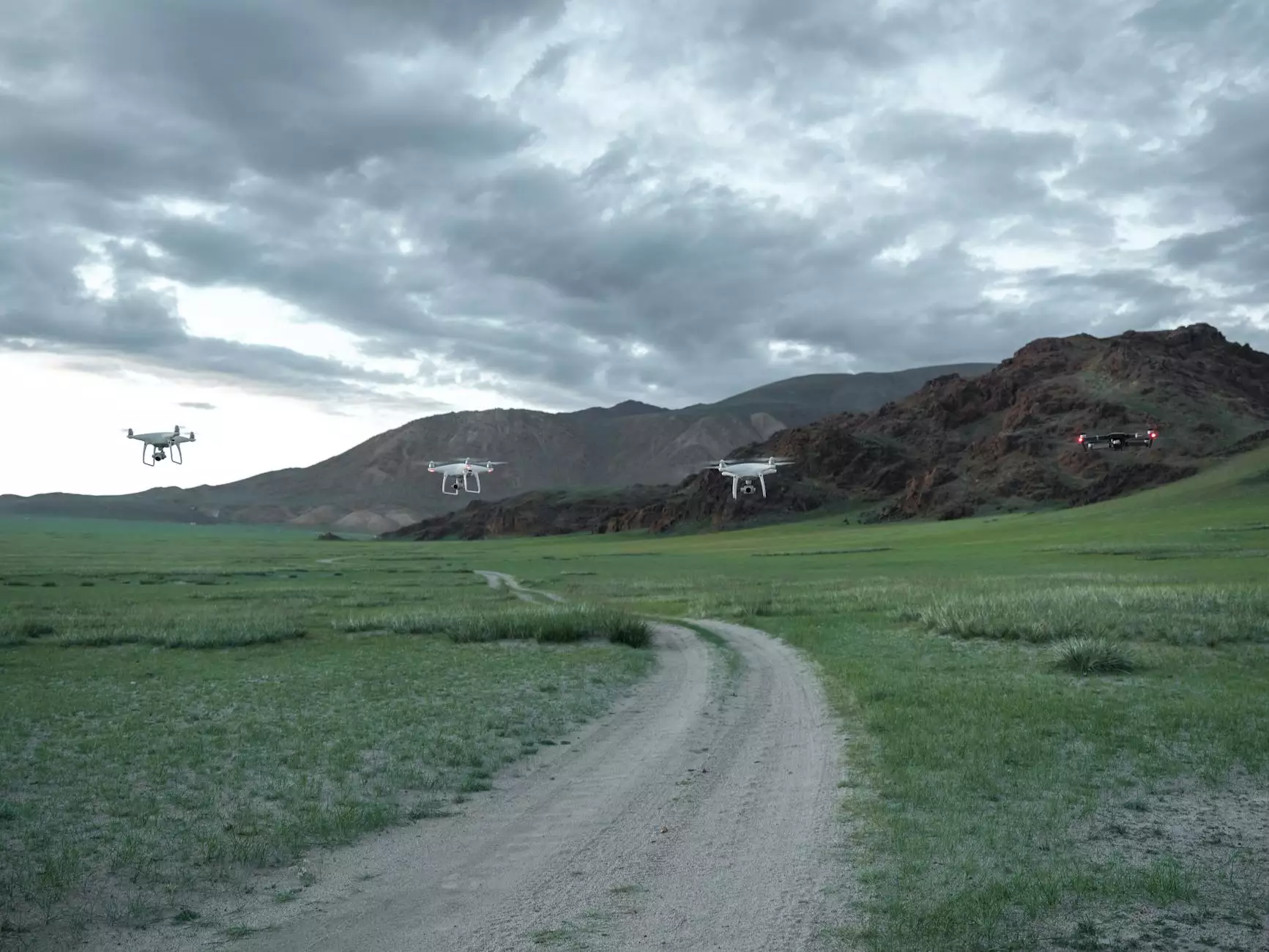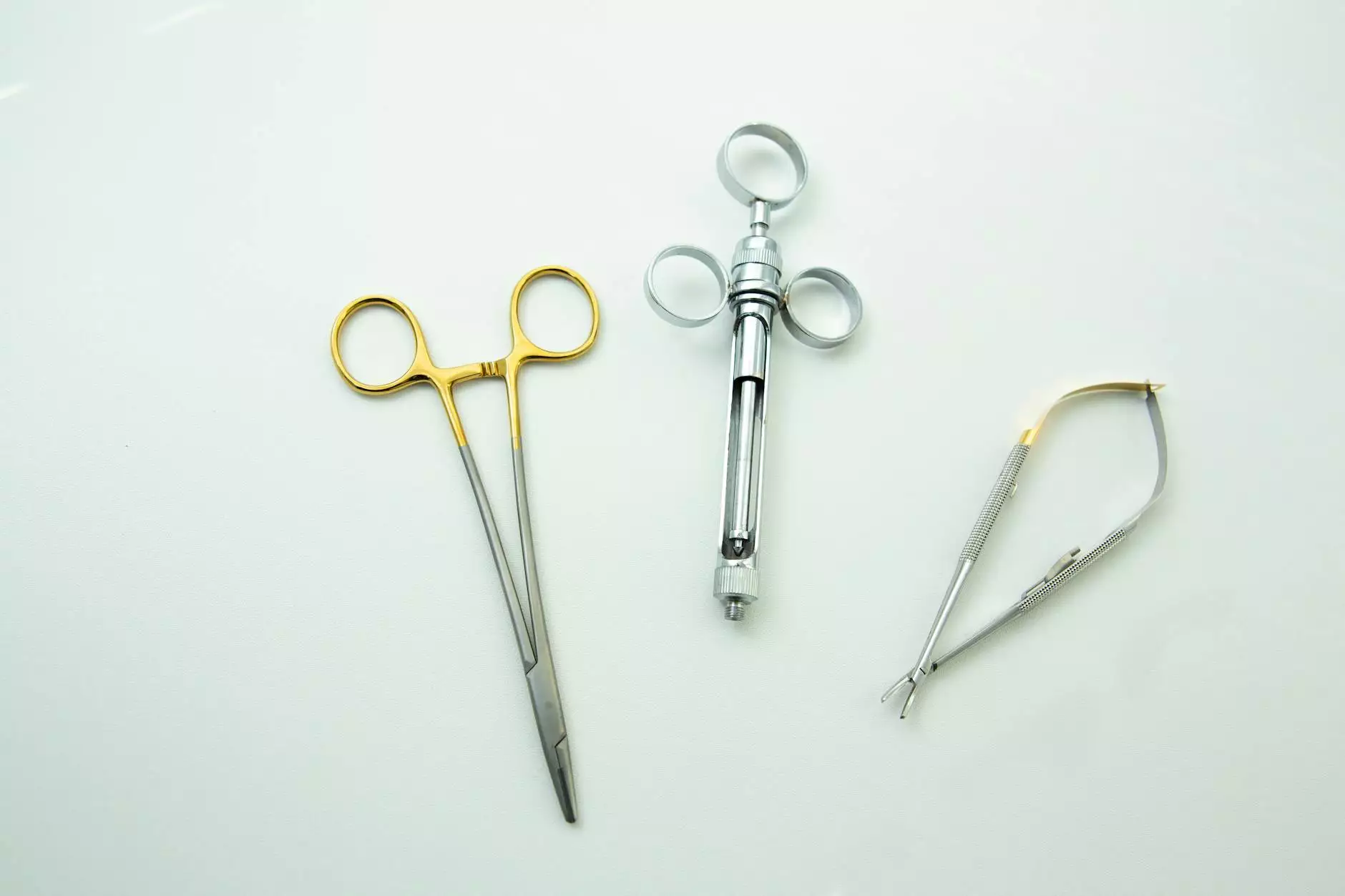The Revolutionary Role of Drones in Field Processing

With the advancement of technology, industries are constantly evolving to address challenges more efficiently. In recent years, дроны обработка полей (field processing drones) have emerged as a game-changer in the agriculture sector. These unmanned aerial vehicles are revolutionizing the way farmers manage their crops and fields, leading to increased productivity and sustainability.
Enhancing Precision Agriculture with Drones
The integration of drones in agriculture has opened up a world of possibilities for farmers. By utilizing drones equipped with specialized sensors and cameras, farmers can gather valuable data about their crops, soil health, and irrigation needs. This data allows for precise decision-making and enables farmers to optimize their resources effectively.
Optimizing Crop Health and Yields
Drones play a crucial role in monitoring crop health and identifying potential issues early on. Through aerial imaging and thermal cameras, drones can pinpoint areas of stress or disease within crops, allowing farmers to take immediate corrective actions. By closely monitoring their fields, farmers can maximize crop yields and minimize losses.
Improving Field Management Practices
Traditionally, field monitoring and assessment required significant time and labor-intensive efforts. However, drones have streamlined these processes by providing real-time data and insights. Farmers can use drones to create detailed maps of their fields, track crop growth patterns, and assess the effectiveness of various treatments. This level of precision in field management helps farmers make informed decisions that ultimately lead to improved outcomes.
Advancing Sustainability in Agriculture
Another significant benefit of employing drones in agriculture is the promotion of sustainable practices. By using drones to analyze soil conditions and monitor crop health, farmers can optimize their use of fertilizers, pesticides, and water resources. This targeted approach not only reduces environmental impact but also enhances the overall sustainability of farming operations.
Harnessing Technology for Future Growth
As technology continues to evolve, the potential applications of drones in agriculture are limitless. From autonomous crop spraying to advanced data analytics, drones are paving the way for smarter, more efficient farming practices. By embracing these technological innovations, farmers can stay ahead of the curve and ensure the long-term success of their operations.
Conclusion
In conclusion, дроны обработка полей are transforming the agricultural landscape by offering unprecedented insights and capabilities to farmers. By harnessing the power of drones, farmers can optimize their field processing operations, improve crop yields, and promote sustainable practices. The integration of drones in agriculture represents a new era of innovation and efficiency, bringing us closer to a more productive and sustainable future.









